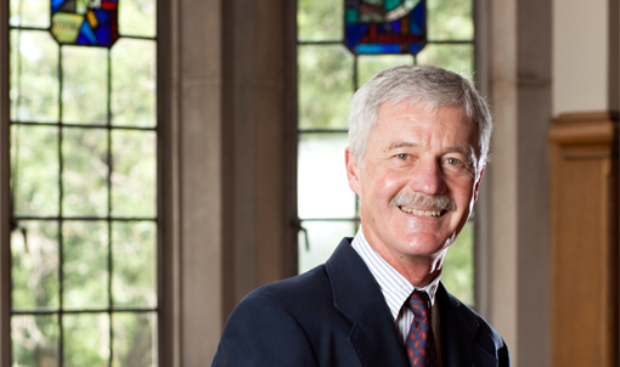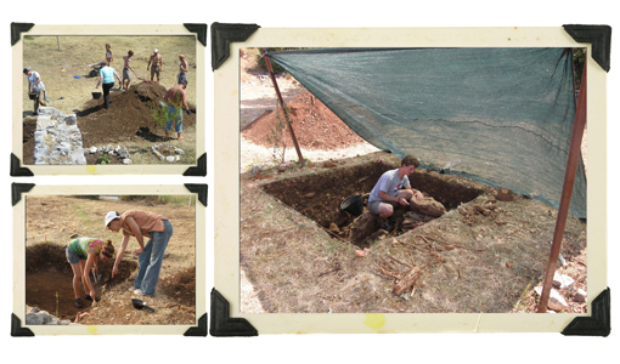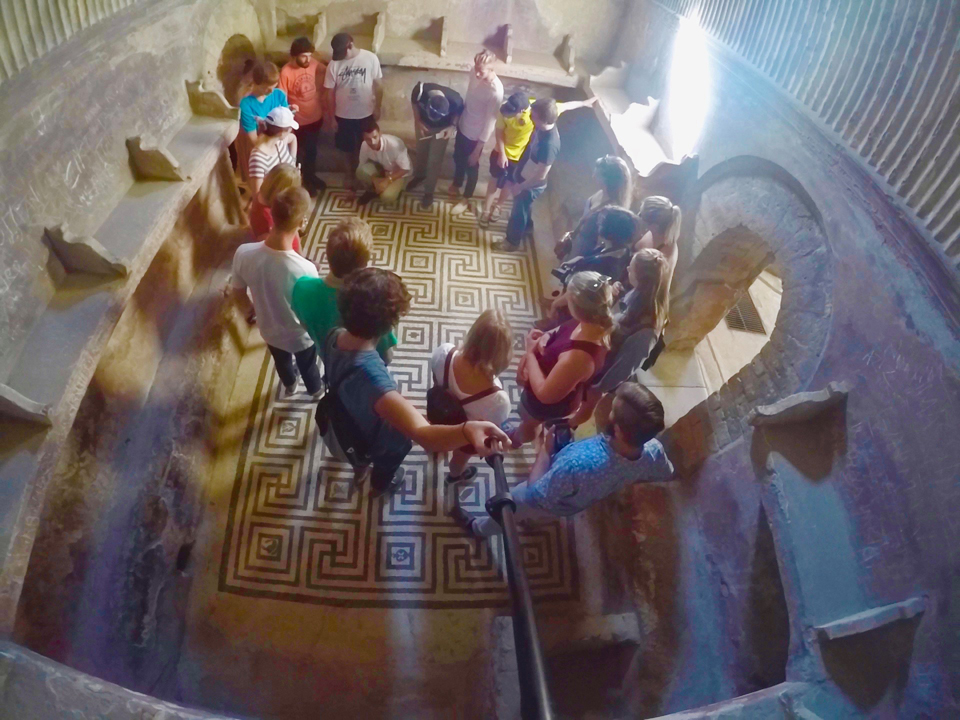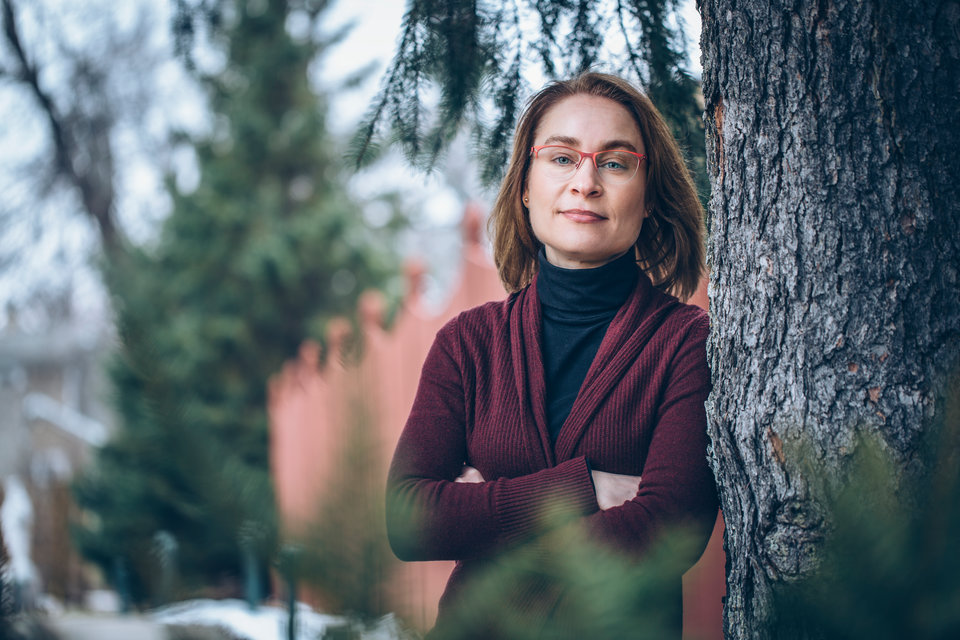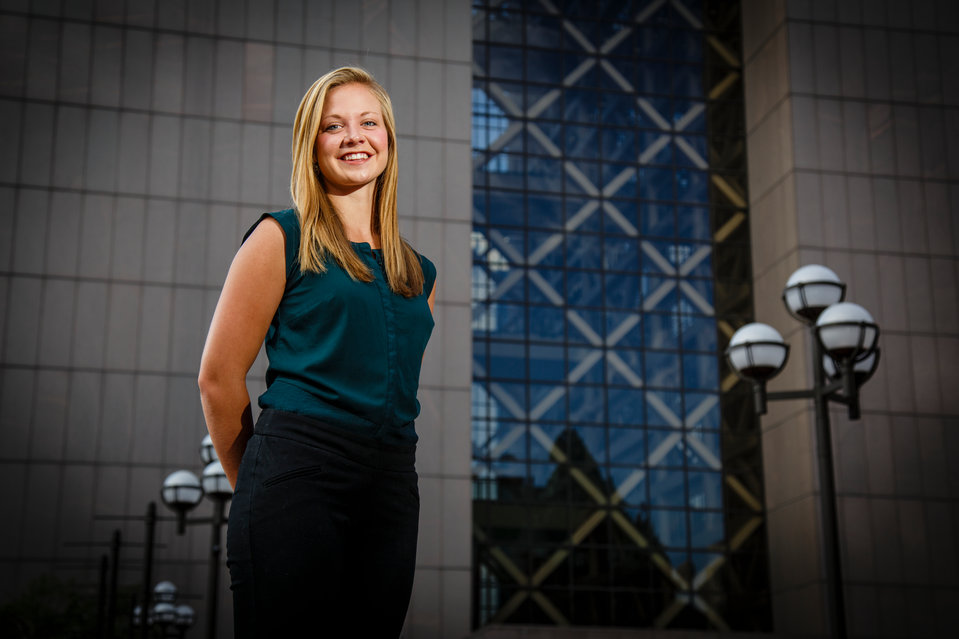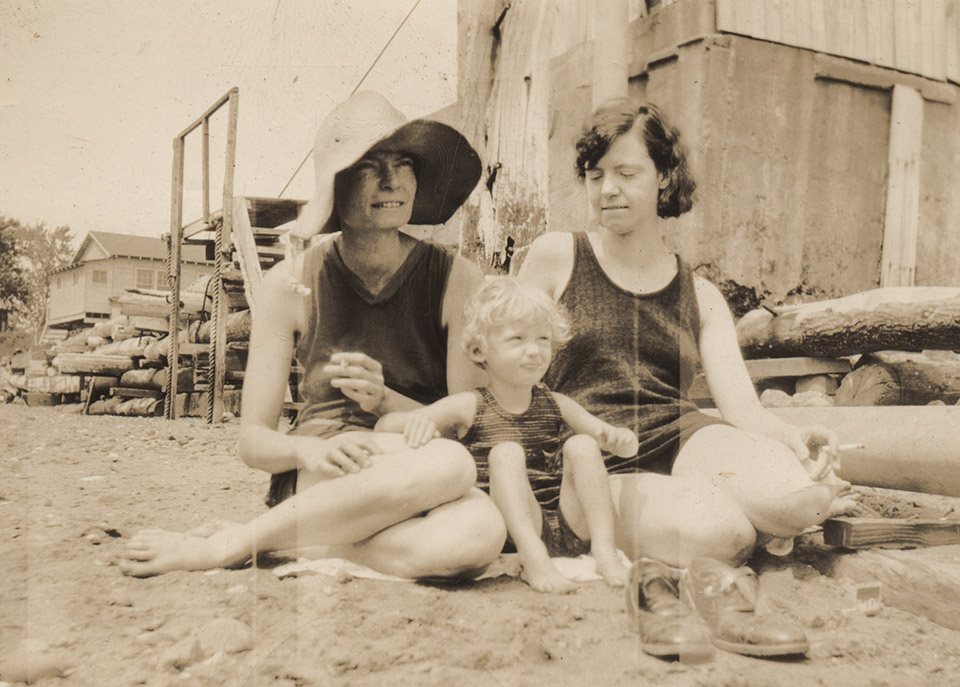Niels Sorensen ’70, a surgeon who established a scholarship in 2006 for premedical students, is helping to create a mentorship program for students in the health professions.
Why did you decide to attend St. Thomas? Bill Malevich [who later served as dean of students] was the admissions counselor who promoted St. Thomas at my high school college-fair. I was impressed with the way Bill took a real interest in me, how kind he was and how he seemed like he really cared. I thought, “If everyone else at St. Thomas is this nice, I need to go check this school out.”
My St. Thomas experience was one of inspiration and motivation to learn, study, develop and improve myself. The professors, both in the science fields and in the liberal arts and humanities, were extremely vital in this. My education at St. Thomas gave me the foundation to pursue a career in medicine that proved to be a fantastic mixture of science and human interaction.
St. Thomas was a major factor in grounding, focusing and developing me into the person I am today. It was at St. Thomas that I began to work hard for the sake of knowledge. It set the focus for my entire life.
Describe your journey to becoming a surgeon. In high school, I had worked at North Memorial Hospital as an orderly, and in my junior year of college, I was an ambulance attendant.
When I started at St. Thomas, I wondered whether I would study chemistry to become a chemist or a physician. That question was quickly answered. Dr. William Larson was the chair of the Chemistry Department and my faculty adviser. I was very impressed with him, as well as the entire Chemistry Department. I was heavily influenced by both Larson and Father Jerome Langford and the mix of arts and science classes I took. I knew that I wanted to give back and to help people. My professors opened my eyes and mind to the world and to the needs around me. They encouraged me to go into the medical field.
After St. Thomas, I attended medical school at the University of Minnesota and then had an internship at Baylor University Medical Center in Houston. My surgical residency training was done at Ramsey County Hospital (now known as Regions).
Now I’m a general and laparoscopic surgeon for Allina Health Systems in Forest Lake. My job is challenging, rewarding, interesting and worthwhile.
Why did you and your wife, Carol, endow a scholarship? A lack of students entering the medical profession means a lack of care in the future. I hope that the scholarship Carol and I have created will inspire students to persevere in their studies.
When my son Erik decided to attend St. Thomas, and I came back to campus, I saw that though the professors were different, the mission of the university was still the same as it was when I was in school 35 years earlier. We want the St. Thomas tradition to continue. The mission statement isn’t just printed; it’s practiced.
I have been very impressed with the student scholarship recipients. They are well rounded, intelligent students. I tell them, “If you do well at St. Thomas, you will do well at medical school.” I warn them not to go into medicine for money or prestige: “You go into medicine because somewhere in the depths of your being you know that this is what you are called to do. The rest will work itself out.”
You are helping to create a mentorship program for premed students at St. Thomas. Why? It is obvious that health care is going through times of change. With these changes, it may be more difficult to inspire young people to commit to the health care profession. My involvement in this mentorship program is intended to help professors in any way that I can to promote involvement in this field.
I want to augment the outstanding job that faculty are already doing. I am trying to recruit alumni from all health profession areas to provide student mentoring, lectureships, professional panels and roundtable discussions. I am hoping to draw a large scope of health professionals who are diverse in age, specialty and degree.
I am working with premed advisers Jill Manske (Biology Department) and Roxanne Prichard (Psychology Department); Marisa Kelly, dean of the College of Arts and Sciences; and student leaders to develop a formal program at St. Thomas.
You have been a member of the CAS Advisory Board since its inception three years ago. Why do you stay involved with your alma mater? I truly believe that the education I received at St. Thomas was more important than the education I received in medical school. St. Thomas strengthened my foundation and my core values. It made a real difference in my life.
I was honored to be asked to serve on the College of Arts and Sciences Advisory Board. It gave me the opportunity to interact and work closely with other outstanding board members to help set up various programs. It provided an opportunity to directly meet all the department heads in the College of Arts and Sciences, including fields such as art history, music, physics, neuroscience, geology and others.
This school has been here for 125 years; it makes me feel good to know that it will be here to help others long after I’m gone, still providing a quality education and living out its mission to “educate students to be morally responsible leaders who think critically, act wisely and work skillfully to advance the common good.” And how can you not support that?
If you are a health professional and are interested in joining the new prehealth professions mentor program, please contact Roxanne Prichard at jrprichard@stthomas.edu.
Read more from CAS Spotlight
